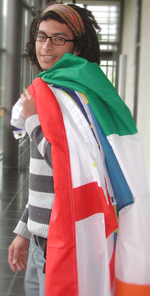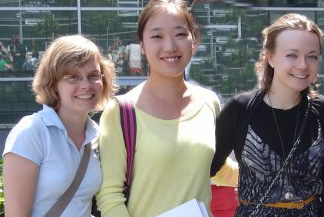 Today I would like to pick up the topic of your last show. We talked about CSR which stands for “Corporate Social Responsibility”. In times of global markets and increased business competition, Small and Medium sized Enterprises must find a way to increase their competitive edge. Therefore they often try to save costs as a result of competitive conditions and market instabilities. However, maybe a cultural change in companies will give them a competitive advantage? Implementing and practicing CSR may lead to increased costs and you may not see the benefits immediately. So why do successful companies go in that direction? Apparently around 50% of American and European SMEs believe that CSR-activities are somewhat effective for their business. SMEs can change their company culture and provide significant benefits by investing in small, efficient projects in society to increase their own visibility in the community. Some companies may do something good for the environment or donate money and others might start working in close cooperation with Non-Profit and Non-Governmental Organizations. This time I would like to approach the topic from a different angle. CSR is becoming more and more important in business life and thus future managers should have a solid knowledge about it. In previous shows I talked to CSR specalists such as lecturers from different European universities and employees of companies which have implemented CSR in their business plans. Our focus was to find out how CSR work changes the culture within the company but also the contacts between a company and its stake holders. Today my focus is on students and what they learn about CSR during their studies of Business Administration. I interviewed students from Hungary, Russia, and Mongolia who dealt with corporate culture and CSR in their last semester at RheinAhrCampus in Germany in one of my courses called “International Business Simulations”.
Today I would like to pick up the topic of your last show. We talked about CSR which stands for “Corporate Social Responsibility”. In times of global markets and increased business competition, Small and Medium sized Enterprises must find a way to increase their competitive edge. Therefore they often try to save costs as a result of competitive conditions and market instabilities. However, maybe a cultural change in companies will give them a competitive advantage? Implementing and practicing CSR may lead to increased costs and you may not see the benefits immediately. So why do successful companies go in that direction? Apparently around 50% of American and European SMEs believe that CSR-activities are somewhat effective for their business. SMEs can change their company culture and provide significant benefits by investing in small, efficient projects in society to increase their own visibility in the community. Some companies may do something good for the environment or donate money and others might start working in close cooperation with Non-Profit and Non-Governmental Organizations. This time I would like to approach the topic from a different angle. CSR is becoming more and more important in business life and thus future managers should have a solid knowledge about it. In previous shows I talked to CSR specalists such as lecturers from different European universities and employees of companies which have implemented CSR in their business plans. Our focus was to find out how CSR work changes the culture within the company but also the contacts between a company and its stake holders. Today my focus is on students and what they learn about CSR during their studies of Business Administration. I interviewed students from Hungary, Russia, and Mongolia who dealt with corporate culture and CSR in their last semester at RheinAhrCampus in Germany in one of my courses called “International Business Simulations”.
absolutely young
In our first category I asked Katalin Perjési from Hungary what she thinks about CSR and what she learnt on the course. She will tell us about a project where the students designed and implemented their own CSR projects for the university. They invited school children to the campus to teach them about respect and diversity in the community. Some said afterwards that they walk past the university every day but had never dreamed of spending a day inside before they reach their A-levels. As these were school children who often get taught in classes with many national backgrounds it was not so surprising, how much they already knew about diversity, respect for different cultures and dealing with other children who do not have the same first language.
absolutely green
I interviewed Nadya Kokareva from Russia. She will tell us about the vague ideas people have about CSR and gives us some examples of how a university could practice CSR. This is not exclusively about institutions “going green”, which means saving the environment. Nadya also took part in the course and participated in another project. This time, the target group were not the children in the community, but the elderly people who live in a nursing home just 800 metres from campus. In spite of the proximity, the students who took part in the project had never visited the home.
absolutely courageous
Oyunbileg is an exchange student from our Turkish partner university in Izmir. However, she is originally from Mongolia and is currently doing her Erasmus semester abroad. In our last category she will talk about her theoretical lectures on stakeholder relationships and relates the theory to the practical CSR projects she was involved in last semester. Finally she gives us an idea of the cultural differences she experienced moving between Mongolia, Turkey and Germany.
Our next show will again be coming to you on 7 of September.
Until then –
Bleiben Sie absolut interkulturell!
The host of this show is: Dr. Laurent Borgmann
Editor: Markus Scherer
![]() Download
Download
![]() Podcast-Feed
Podcast-Feed
![]() iTunes-Abo
iTunes-Abo

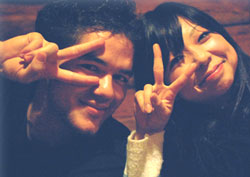
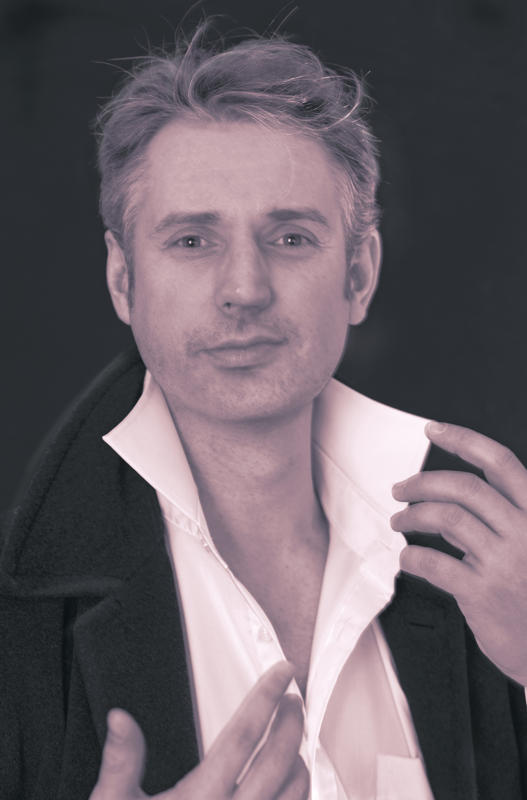


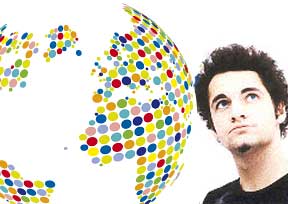

 absolutely down-under
absolutely down-under
